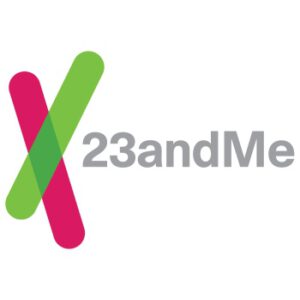23andMe will soon be genotyping customers with a newly designed custom microarray chip.
The new version – along with completion of additional lab space – will ultimately improve both the efficiency and speed by which we will be able to process samples and then return genetic data to our customers.
Custom Chip
Unlike previous changes to our chip, this new version, dubbed v4, consists of a fully custom panel of probes for detecting single nucleotide polymorphisms (SNPs) selected by our researchers. The selection was made to maximize the number of actionable health and ancestry features available to customers as well as offer flexibility for future research.
Unlike previous changes to our chips, this one will not significantly alter what is reported to customers, so there would be little reason to retest on the latest platform.
The new chip includes both common variants that provide genome-wide coverage and rare variants. Rare variants are found in certain medically relevant genes and exons. Researchers also ensured that the chip covers SNPs with known disease associations. In addition the chip has variants that are known to be involved with drug metabolism and side effects.
The New V-4 Chip
In addition, v4 includes SNPs that our researchers use to assign genetic ancestry. They use autosomal DNA markers as well as variants in both mitochondrial DNA and in the Y chromosome. The custom chip will also allow our researchers to better impute many variants present on larger chips. Imputation is a powerful statistical method allowing researchers to fill in missing data.
Researchers use publicly available full-sequence data and 23andMe’s own data to impute the genotype at specific locations.
The new chip was designed to be compatible with all our current features. However there may be some small differences in some reports. 23andMe will inform our customers of those differences in community posts.
If you haven’t seen it already, the video below fills you in on how a sample is processed at the lab.